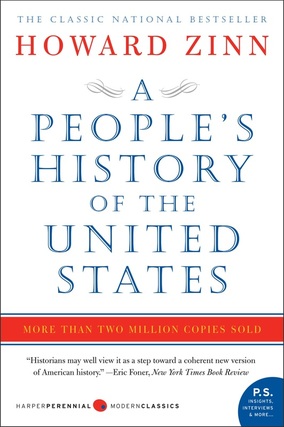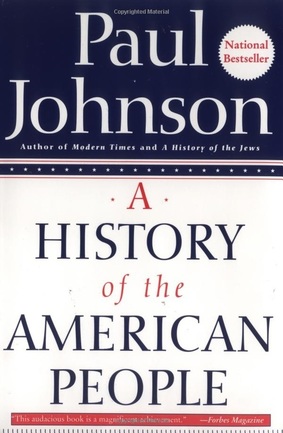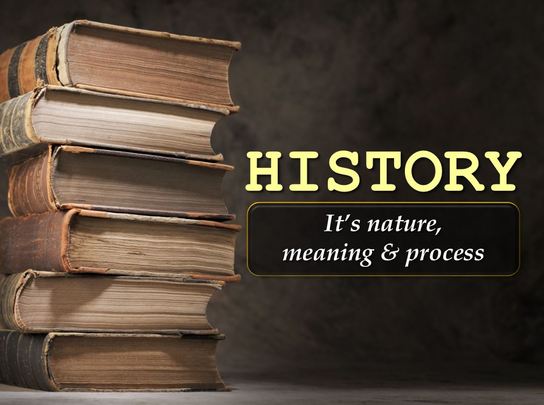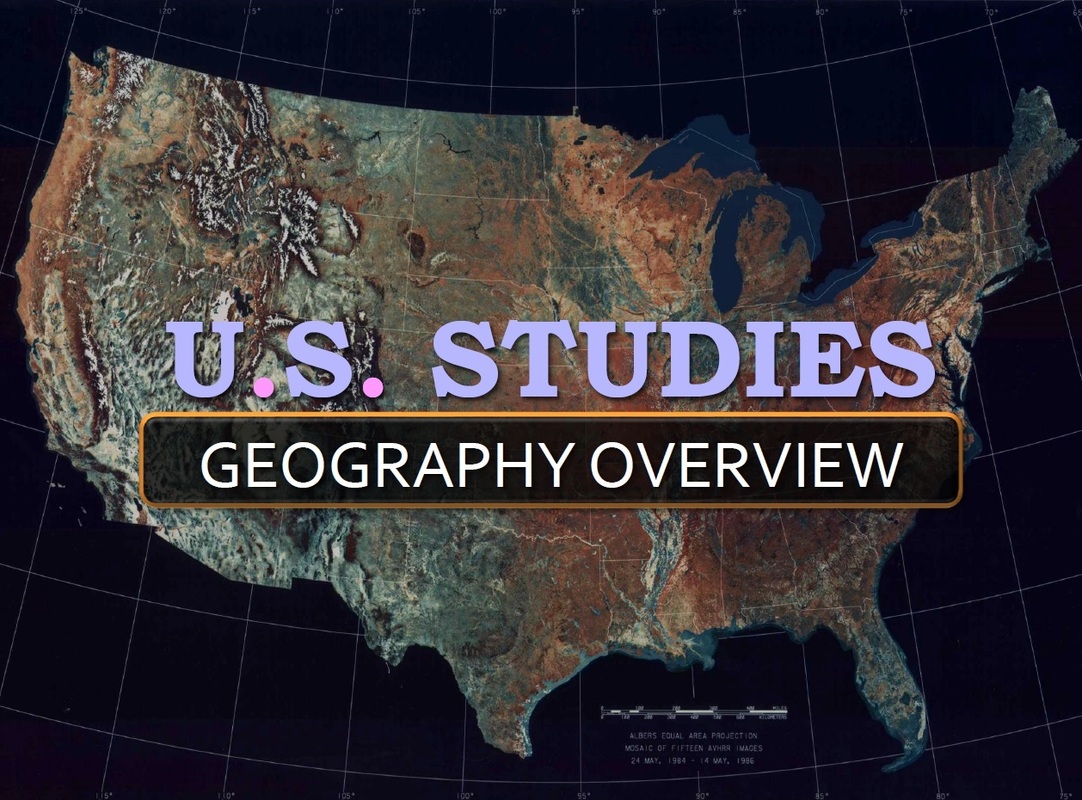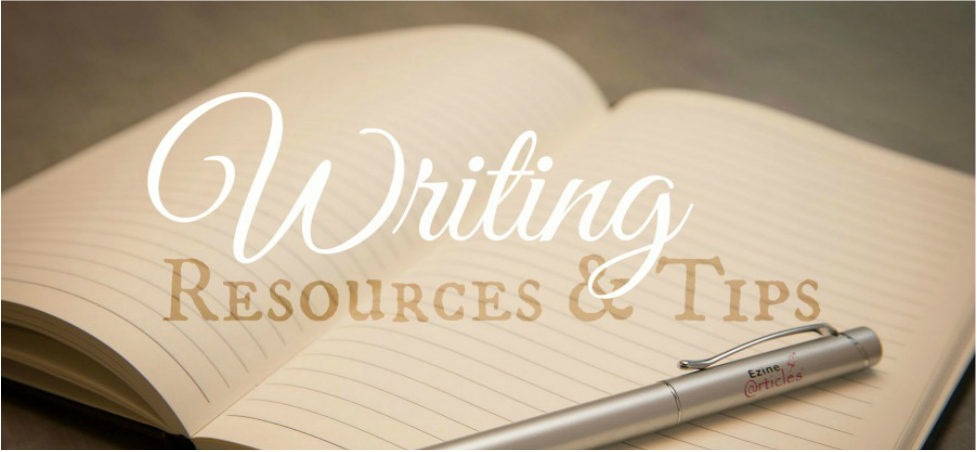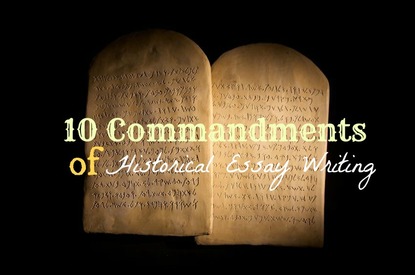|
| ||||||||||||
|
| ||||||||||||
| |||||||
| |||||||||||||
|
Writing an Introduction
In your introduction, you need to accomplish three things:
When writing an introduction, consider what makes a good movie trailer: Get attention Make the reader want more Accurate Preview The reader should know exactly what to expect in the body of your essay. Don't Give the Whole Thing Away You are setting the stage for your essay - save your evidence for the body paragraphs. THESIS STATEMENT TIPS: Click Here |
Writing Body Paragraphs
Each body paragraph should have a specific purpose that is revealed in your topic sentence (first sentence of the paragraph). Everything in the paragraph should serve this purpose. PEA METHOD: Point, Evidence, Analysis Go here for PEA Method tips Remember that it is possible to use too much evidence. A paragraph only needs one or two well-developed pieces of evidence in order to help you make your point. Too many pieces of evidence can "crowd out" your analysis, which is the most important part of the paragraph (anyone can find evidence, but it takes critical thinking to interpret evidence and make it serve one's purpose. Providing rebuttals. If there are arguments that try to disprove your main point (ex: Columbus should not be given his own holiday because...) then at times it is an effective strategy in essay writing to try an disprove those alternate theories in your essay. The form of rebuttal paragraph(s) is dependent on how strong your argument is. A rule of thumb is to make your rebuttal a separate paragraph after the body if you have a strong argument but if your argument as a whole is weak you should probably embed your rebuttal within the body paragraphs of your essay. |
Writing a Conclusion
The conclusion is the part of an essay with which people commonly have the most trouble. Within your conclusion you should:
|
|
CITATIONS
It is absolutely crucial that you cite your sources in any an all types of essays. It doesn't matter if it is a DBQ, essay test, or take-home essay. You do not want to be one who is charged with stealing someones ideas even by accident or by outright plagiarizing. Be sure to always do your own work and never parasite off of someone else! That all said keep in mind that common knowledge (simple factual information that you can find on several websites) does not need to be cited. BUT THIS DOES NOT give a you a license to copy and paste from internet sources all willy-nilly! As one has said, "Common knowledge should be incorporated into your essay in a way that makes an original point in an original way." LEARN HOW TO CITE! Go to these sites to get a better understanding in how to do it (click the orange lettering hyperlink):
|
"Ten Commandments" type lists about writing formal and historical essays:
Ten Writing Commandments (Richey) Ten "Thou Shalt Nots" for formal writing Ten Commandments of Good Historical Writing (Schlabach) Ten helpful tips from a college professor |
